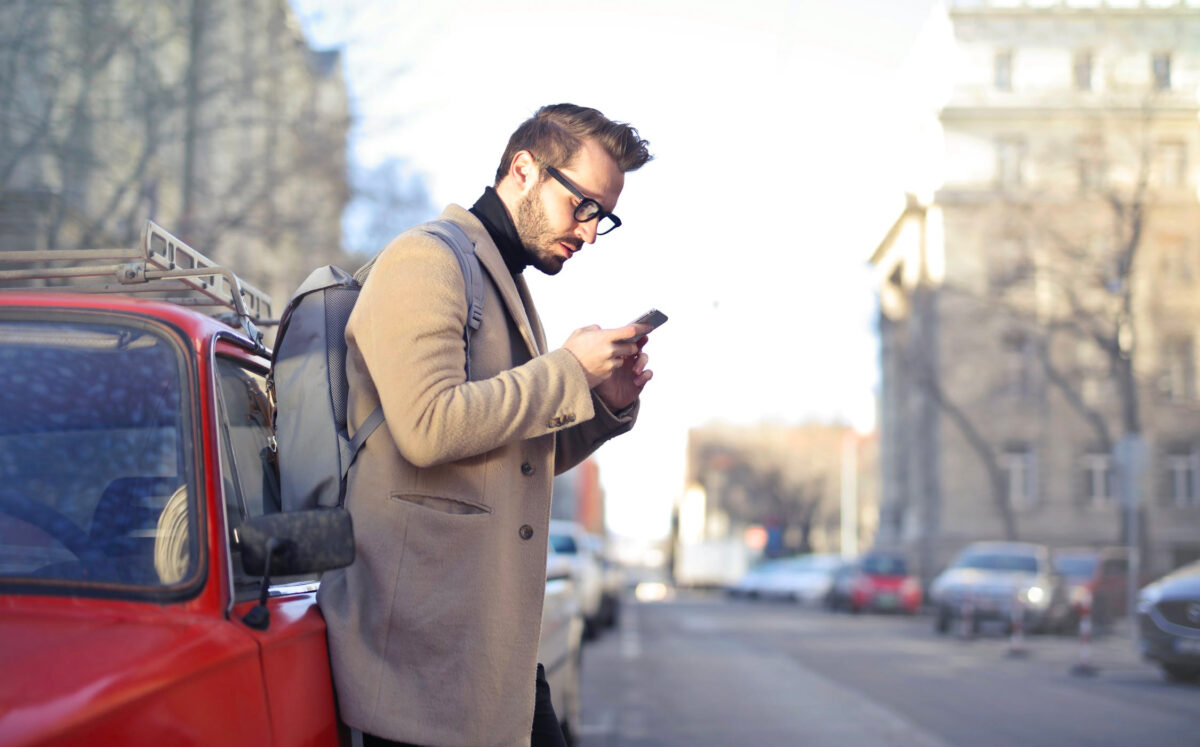Well it’s finally official. Researchers at the University of Pennsylvania have just discovered the link between social media use and depression.
Sure, you could argue that it was common sense for the past few years, but a lot of the concerns raised in the past have been purely talking points or brief studies rather than a comprehensive objective analysis.
The researchers at the University of Pennsylvania came to their conclusion via experimental data from some of today’s most used platforms including Facebook, Snapchat, and Instagram.
“We set out to do a much more comprehensive, rigorous study that was also more ecologically valid,” says Psychologist Melissa G. Hunt, the study’s lead researcher and associate director of clinical training in Penn’s Psychology Department.
The research team targeted three of the most popular platforms amongst undergraduate subjects – Instagram, Snapchat and Facebook – and collected their objective usage data automatically tracked by iPhones for active apps. This was done as opposed to apps running the background to improve accuracy.
RELATED: Successful Entrepreneurs Reveal Their Strategies For Managing Stress & Mental Health
The 143 subjects were then asked to complete a survey to establish their mood and well-being at the start of the study. Screenshots of their iPhone battery level was also supplied to provide a week’s worth of baseline social-media data.
The subjects were then split into a random control group and asked to continue performing their usual social media practices against another group which could only use Facebook, Instagram and Snapchat for 10 minutes a day on each platform.
This process continued for three weeks with tallies of battery usage kept for every individual. From this, Hunt was able to compare the data against seven outcome measures which included fear of missing out, anxiety, depression and loneliness.
“Here’s the bottom line,” she says. “Using less social media than you normally would leads to significant decreases in both depression and loneliness. These effects are particularly pronounced for folks who were more depressed when they came into the study.”
“It is a little ironic that reducing your use of social media actually makes you feel less lonely,” she added.
“Some of the existing literature on social media suggests there’s an enormous amount of social comparison that happens. When you look at other people’s lives, particularly on Instagram, it’s easy to conclude that everyone else’s life is cooler or better than yours.”
Whilst the study subjects fell between the age of 18 – 22 years, it is still too early to conclude that this is the same case for other age groups. Hunt is currently working on providing an answer for this.
If common sense prevails though, the answer’s really quite straight-forward.
“When you’re not busy getting sucked into clickbait social media, you’re actually spending more time on things that are more likely to make you feel better about your life.”
In general, Hunt believes that the best solution is to put down the phone and spend time with actual people in your life.
